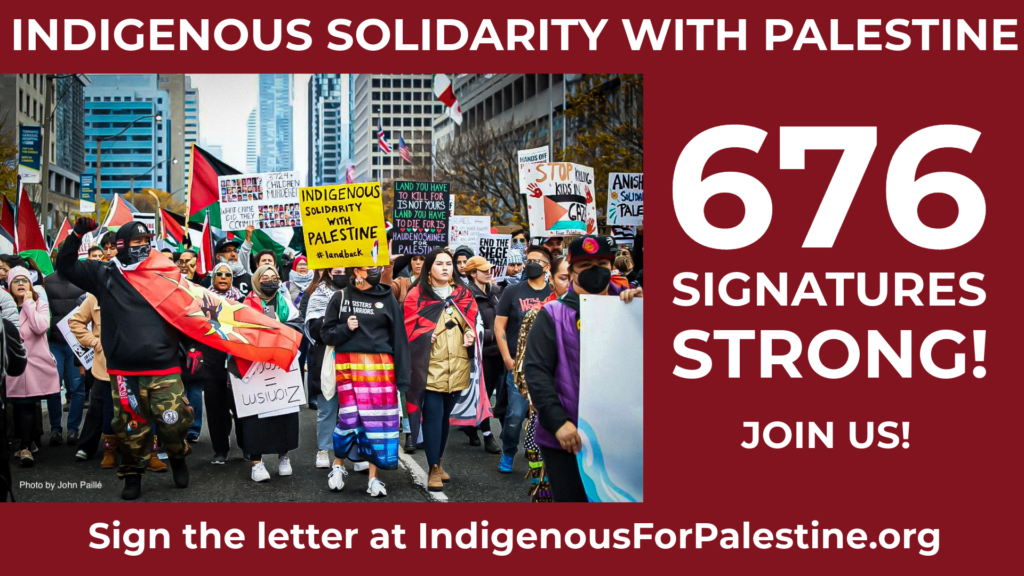A Blow To the Snake Here
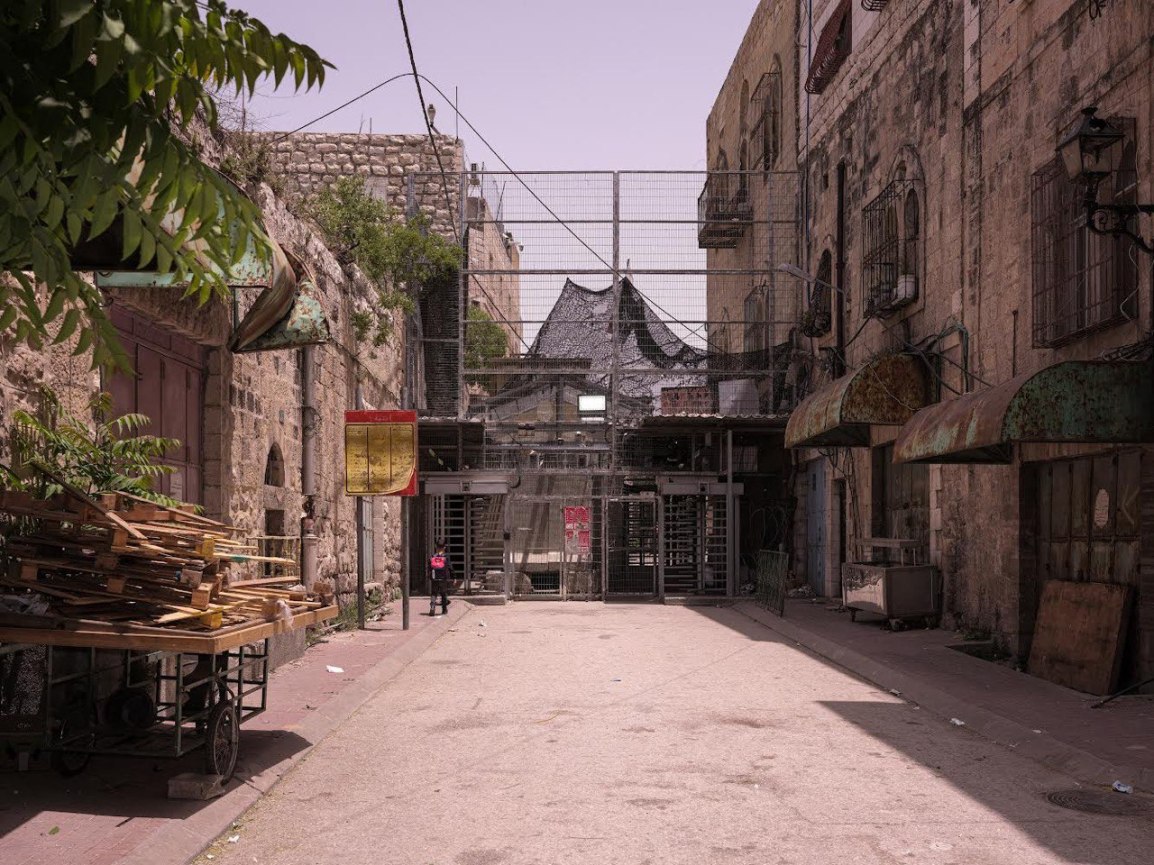
This is a publication from the Indigenous Solidarity with Palestine website.
Photos by Rob Stothard for PalFest
By Leanne Betasamosake Simpson
On day 46 of Israel’s horrific siege on Gaza, I watch Palestinian journalists, writers, poets, academics, organizers and activists on social media and in the English language alternative press narrate the present moment. I listen as they inventory genocide and resistance in Gaza, in the West Bank, everywhere in Palestine and in their diaspora communities. I read as they animate and propel their struggle for self-determination and liberation through the spectacular violence of Israeli apartheid.
I watch as pro-Palestinian activists and organizers are arrested and surveilled in Canada and the US. As student groups are banned. As people “depart from their jobs” for speaking out. As security at my own events is tightened. As colleagues and friends are doxed, misrepresented and attacked in national newspapers.
I think about how Palestine is teaching me about my neighbours and colleagues and students and their ethics and politics. I think about how Palestine is revealing the deep connections between Zionists and governments, educational and cultural institutions, and mainstream media, in Canada and in other settler colonies. I think about how after this, it will be harder to protect and defend our homelands from pipelines, clear cuts and mines, and how it will be harder to protect our bodies from homophobia, transphobia and heteropatriarchy.
I think about how Palestine is revealing the failures of reconciliation in the context of racial capitalism.
I watch every day.
I watch every day. And then I try to write. I sign more letters, sit in, blockade, boycott, protest. I try and fail to meet the expectations of daily life. I allow Palestinian resistance, here and in Palestine to teach me.
I allow Palestine to clarify my relation to the settler colony on my homeland, and to theirs.
I don’t have words and I can’t imagine.
I don’t have words and Palestinians don’t have the luxury of not finding words.
I remember what Miriam and Kelly teach us: hope and hopeless and anger and horror and grief, co-exist are co-constituents of action.
I think of this story.
I grew up in a small town and I don’t have great skills for navigating cities. For wayfinding, and eating, locating water and using public transit. Everyone who knows me, from my band mates to my sisters to my kids know my streets smarts are rudimentary. When they are with me, it’s their job to make sure I don’t get hit by a car.
I get lost a lot.
I get lost a lot because I don’t pay attention and I’m unaware of my surroundings. I live in my head and in the stories I make up for myself. Sometimes I write those stories down and share them with you. Sometimes I just carry them around in my head when I’m walking in a city.
Earlier this year I was in Ramallah, Palestine, and I went for a walk. Being in Palestine was lovely. It is a place full of love and people who love their culture, their homeland and their families. Palestinian resistance is rooted in profound love and I will be forever grateful for witnessing that in person. Visiting Palestine was also like witnessing all of the stages of colonialism my people experienced, but with technological and nuclear warfare my ancestors wouldn’t have been able to imagine. As I wandered the streets of Ramallah, I was sad and angry. Sad my people had lost so much. Angry that settler colonialism in the United States and Canada, was so hidden and insidious and so hard for people to see and name, little lone act.
I was walking, not paying attention and I got lost. My phone refused to help. I couldn’t match up the streets on the map to the street signs. The hotel name on my plastic key card wasn’t on the phone map. The hotel address wasn’t on the internet. I couldn’t find my way back.
I stood there, lost.
Eventually a car stopped and waved for me to get in. There was a woman in the back and an older man driving. They spoke no English and me, no Arabic. I passed the driver the hotel key with the hotel name on it and an address that I couldn’t find on the internet or on my phone map. He seemed confused and passed it to the woman in the back seat. They talked.
He said “OK.”
We drove for what seemed like a long time, fifteen or twenty minutes. Outside of the city center, to a suburb. We were nowhere near the hotel. The woman got out and the driver helped her unload all of her groceries from the trunk.
We drove away.
After another twenty minutes, we got to the hotel. We were both so relieved. He asked where I was from. I said “Canada”.
He said, “Canada is good.” I said, “No. Palestine is good.” We both laughed. I tried to pay him. He refused. I left money on the seat and he smiled and said “OK”.
I don’t even know if that was a cab. There was no meter, but that’s common here. I do know that this day, this Palestinian man in Ramallah, showed me the world I want to live in.
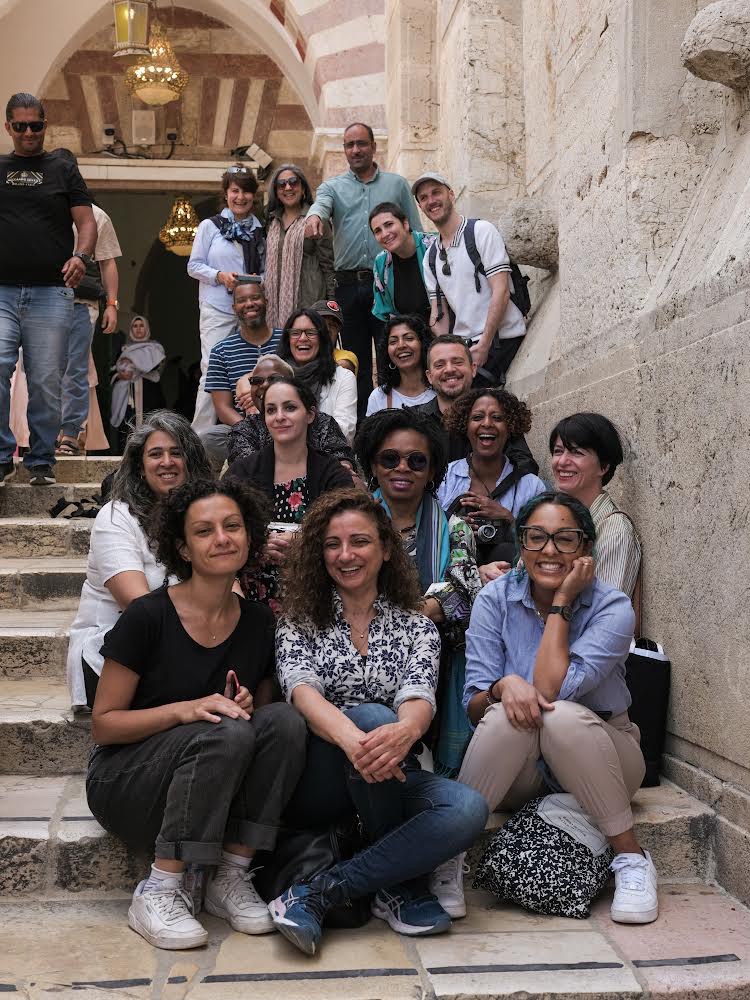
I was in Palestine as part of the Palestine Festival of Literature (PalFest) –a festival in which a handful of international writers, this past year from the Global South, travel with Palestinian writers through Palestine, doing evening readings and panel discussions in the communities of East Jerusalem, Ramallah, Bethlehem, and Haifa. During the day, we learned from Palestinian freedom fighters and writers in those communities as well as al-Khalil, al-Lydd, and Nabi Saleh. Writers from Gaza had to join us virtually because they were not allowed to travel to the West Bank. Sometimes we read their poems out loud to audiences.
I want you to know that I didn’t have to travel to Palestine in order to understand the last two months or these past 75 years, because Palestinians have written hundreds of books, reported relentlessly, and shared on social media and in every way possible, all the resources in English anyone could need to understand. Palestinians have as Uahikea Maile has written, come to us. They have come to us, visited out classrooms, our universities, our protests and our reclamation sites. They have been educating us for decades. They have come to us in struggle, in solidarity and in friendship and they have come to us with incredible patience.
I was invited to Palestine and I chose to travel there with PalFest, as part of the relationship building work that Robyn Maynard and I had written about in Rehearsals for Living. I was well aware that I was doing what many Palestinians are not permitted to do –to travel to their birth places, to visit family, and to move freely and unharassed in their homeland. This was a privilege granted to me by two colonial governments, Israel and Canada, in the form of a blue Canadian passport, neither of which recognize my citizenship in my own Nishnaabe nation, because Canada has reduced that to an Indian Status Card and a Band Number.
I’ve thought of that story many, many times over the past month as Israel relentlessly pummels Gaza with spectacular violence. As armed settlers in Area C of the West Bank have driven Palestinians out of their homes and communities and as Israel holds many Palestinians from the West Bank and Jerusalem in jails, indefinitely in administrative detention without charges.
I’ve thought about that story through the constant conflation of anti-Zionism with antisemitism. Through the liberal collapsing of the asymmetry of violence between occupying Israelis and resisting Palestinians. Through the silence of my colleagues in the academy and in the Canadian literature community, from liberalism’s both-sideism to the west’s endless ramblings about “civilian deaths”.
I’ve thought of this story as Israel’s settler colonialism is strengthened by financial, military, political and media resources in United States, Australia and Canada, obliterating any sense of shared humanity –a humanity of which, Rinaldo Walcott reminds us, Black people, Indigenous peoples and Palestinians were clearly never a part.
I thought of telling this story many, many times over the past month in solidarity statements, teach-ins, rallies and talks in my feeble attempts at solidarity.
I didn’t, until now.
I didn’t tell this story because this story shouldn’t matter or change anyone’s mind. This story –of kindness, of trust and of care, doesn’t surprise a single Palestinian and shouldn’t surprise you either. It is only even a story because the racism of the west does not expect a Palestinian man to treat me with kindness and to act to ensure my safety and well-being. The west expects him to harm me. Not just expects, but has constructed an endless narrative where harm in this story is the only option, where we must eliminate him before he harms “us”.
Palestine is 6000 miles away from my homeland, Kina Gchi Nishnaabeg-ogamig. The landscape is completely different. The weather is completely different. The culture and the history is different and the religions are also different from my own. The Palestinian struggle for liberation is different from the Indigenous struggle for liberation. The two struggles are intimately related and connected to each other and to Black struggles for freedom and liberation.
Different and related.
I thought I was traveling to Palestine to learn about Palestine, and of course I did. I had generous hosts and teachers. At home my least favorite job is teaching non-Indigenous peoples about colonialism, my culture and our resistance. I resent being in a position where this is a necessary strategy and it seems over simplistic to me to think colonialism is a result of ignorance. Still, seeing another manifestation of colonialism, a plethora of resistance strategies, and sharing our struggles was the best kind of gift because it came with responsibility. I’m grateful to these hosts, teachers and guides for telling their story to me, yet again, to another guest and solidarity tourist.
I also learned something about me and my own people from Palestine. Witnessing daily life under Israeli occupation was also seeing and feeling what had happened to my people in real time, from military occupation and settlement, to forced removal and ethnic cleansing, and the steady, intricate violence, daily, intimate and systemic, required to maintain colonialism. Witnessing Palestinians’ daily culture of resistance and complex organizing against settler colonialism also made me think more deeply about Indigenous cultures of resistance.
It was a reckoning with the magnitude of what Indigenous peoples in North America have lost and also how we resist.
I live in the apex of colonialism –political power of the Michi Saagiig Nishnaabe as a people is now so reduced, our presence so erased, that I can now be brought back into Canadian society to the degree white people feel comfortable with my presence and as long as I don’t get in the way of settlers extracting “natural resources” from our homelands. As long as I’m grateful for the breadcrumbs of reconciliation, and I am happy to share my tears and trauma and healing journey. As long as I don’t want my land back or liberation or self-determination. As long as I firmly root colonialism as an unfortunate, inevitable historic event in “our shared past.”
As long as I don’t want to abolish policing or object to Black people being murdered and disappeared in our streets. As long as I don’t support Palestinian liberation.
One of the first stops for the festival was to the Tamimi house in the small Palestinian town of Nabi Saleh. You might know of the writer Ahed Tamimi and her book They Called Me a Lioness: A Palestinian Girl’s Fight for Freedom which details her resistance to protect the community’s spring, and if you are new to this, I encourage you to read and teach the book. Nabi Saleh felt similar to a reserve to me. A small enclave of anti-colonial love in amongst settler colonial occupation. Small and perhaps fragile, because the Tamimi family home is under an Israeli demolition order, and Ahed’s Dad, Bassem told us the home has been raided 150 times since 2017 by Israeli Defense forces. The Tamimi’s are a family of non-violent activists, and this community has been trying to protect their spring since 2009, by demonstrating weekly. Ahed is now 22, and when she was 16 she spent 8 months in prison for slapping an Israeli soldier defending her brother in a violent attack.
On November 7, like many other Palestinians activists in the West Bank, Ahed was arrested by the IDF in her home and is being held in Damon prison. She has appeared in military court twice since her arrest and has been visibly beaten, and she is being held without charges under administrative detention, which is indefinite. At the time of writing, Ahed is set to be released in the latest prisoner swap. Bassem, who was arrested in October on his way to Jordan, and is being held in Ofer Prison under an administrative detention, which is often indefinite.
After Nariman, Ahed’s mom, and Bassem had invited us into their home and shared coffee with us, Bassem gathered us outside to point to the spring, and to the road where they had fought to get to the spring, every Friday for seven years, from 2009 to 2016. I heard Bassem when he told our delegation that our responsibilities were not in Palestine. That we needed to go home and fight there. That capitalism is a snake and a blow to the snake, in our homelands was a blow to the snake in Palestine.
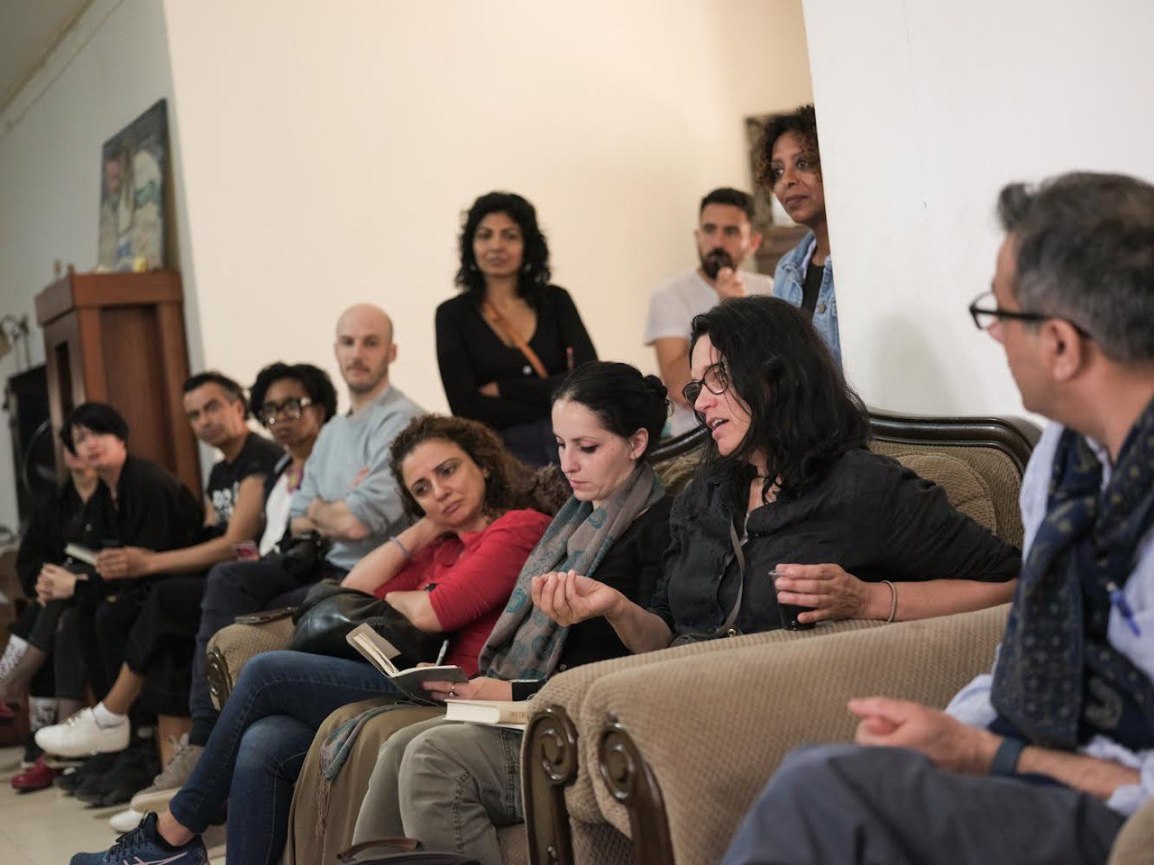
Listening to Ahed and Bassem, I caught myself feeling ashamed. Worried that at home, we had gotten so tied up in treaty promises, royal commissions, national inquiries, reconciliation that too many of us stopped fighting. Worried that too many of us now live comfortable middle class lives in cities or on the reserve and do little more than activism. Worried that somehow in our emphasis on post-secondary education we had confused credentialism with a liberatory project and now we have a lot of degrees and access to the middle class and little else. Worried that maybe Indigenous struggles had very little to offer Palestinians in terms of solidarity.
These worries aren’t entirely true, nor are they entirely fair, and anxiety is like that. There are Indigenous people and collectives on the ground in many parts of Turtle Island fighting golf course expansions, pipelines, mines, telescopes, clear cutting, and blockading to force governments to search dumps for our bodies. There are many Indigenous peoples in encampments and on reserves and reservations who are struggling daily to have shelter, food and potable water. There are many trans, Two Spirit and queer Indigenous peoples fighting to be safe in community and in their daily lives in addition to organizing and putting themselves on our front lines. Of course the shame I was feeling is not mine. It is not ours. It is the shame of the colonizer. Of course our ancestors fought for us, otherwise we wouldn’t be here. Our ancestors did everything they could over the past 400 years, and we must do the same for the coming generations.
My understanding of “go home and fight” has deepened since October 7, 2023. When Indigenous peoples are organizing and mobilized, we have more to offer other movements in terms of material support and resources. When we have studied and learned from other anti-colonial movements and actively built relationships with those struggles, we don’t have to spend time educating each other during the height of crises. But Palestine has taught me more than just this in the last two months. Palestinian resistance both inside Palestine in the diaspora has once again revealed the lengths to which governments and political parties in Canada will go to repress dissent. It has demonstrated a stark bias in the Canadian mainstream media. It has revealed how much influence the far right has in Canada in our cultural and educational institutions. It has made clear how morally bankrupt our leaders are, and it is very clear that the moment we stop being “good Indians”, they will come for us as well.
Palestinian resistance has revealed the smoke and mirrors of reconciliation.
There is a long history of Indigenous peoples and Palestinians making the links between our two struggles. Both Nick Estes and Natalie Diaz have participated in past PalFests. The Red Nation has been relentless in its support of Palestine since its inception. Dakota scholar and writer, Waziyatawin traveled to occupied Palestine in 2011 with a delegation of Indigenous, Black and Women of Color, including Angela Y. Davis, Gina Dent, and Barbara Ramsey. J. Kehaulani Kauanui, Robert Warrior, and Jean O’Brien have been leaders in Indigenous spaces around Boycott Divest and Sanction (BDS) as have many, many others. And of course Steven Salaita, who gave all of Indigenous Studies several master’s classes on Palestine – one with his scholarship, notably, InterNationalism: Decolonizing Native America and Palestine and one in his fight against the repression of speech, academic freedom during the 2013 Gaza war. A few days ago he continued this work, cutting through the Zionist propaganda surrounding Palestinian resistance.
I’m not the first and I’m not the only one but an understanding of Palestine and Palestinian resistance is hardly cohesive in Indigenous communities. We have our own work to do. This was clear to many of us on October 8, 2023, when Wab Kinew, who had been on the streets during Idle No More, who is both Anishinaabe like me and the newly elected Premier of Manitoba, aligned himself with Prime Minister Justin Trudeau and all the settler colonies when he tweeted, “This morning I spoke with members of the Jewish community in Manitoba to express my solidarity. I condemn the terrorist attacks against Israel, the targeting of civilians, and affirm Israel’s right to self-deference. My hope is for a swift de-escalation.”
Only a day early, I watched our community celebrate his election victory.
His tweet was disappointing and unsurprising. Premier Kinew and I are of the same culture but we’ve never shared the same politics. He was elected to uphold the settler colonial state, a state deeply invested in colonialism and capitalism here and in Israel. He knew what he was doing when he became Premier and when he made that statement. And this isn’t the first time Aboriginal leaders have supported Israel.
In 2006, a delegation from the Assembly of First Nations (AFN) traveled to Israel to make links between our struggles here and the Zionist “struggle” in Israel. The Assembly of First Nations is funded by the federal government. It is a group of Chiefs elected under the Indian Act. The Indian Act is the legislation that the state uses to govern or administer is perhaps a better term, “Indians and lands reserved for Indians”. The trip included Phil Fontaine and Bev Jacobs, and it was in response to antisemitic comments made in 2002 by a former National Chief of the AFN, David Ahenakew. The trip was arranged by the Canadian Jewish Congress and it was designed for Aboriginal leaders from Canada to see links with the state of Israel in terms of culture and language revitalization, persecution, and Indigeneity. It was essentially a solidarity tour between the targets of settler colonialism and genocide in Canada and the perpetrators of settler colonialism, ethnic cleansing and genocide in Palestine.
Palestinian groups in Canada pushed back, pointing out that perhaps the Chiefs did not know the history of the Zionist movement. Lee Maracle was furious. She wrote and published an open letter to the delegation and the AFN that still lives on the website of the Canada Palestine Association. In the letter she outlined her own clear and consistent support for “the rights of the Palestinian people to their homeland free of Israeli occupation and annihilation since 1972”, names Israel as “the newest colonizing settler state in the world, that it displaced several million Palestinians, corralled them into refugee camps and denied them the basest of human rights. Hunger, displacement from their homelands and lack of medical care all dog the Palestinian people: the original citizens of Palestine.” She outlines the parallel and related history of dispossession and genocide for Indigenous peoples in North America and speaks to our values of life and living free from oppression.
“We have demonstrated these values as Indigenous people [the Leonard Peltier Defense Committee, the Native Study Group, Red Power advocates and Native Youth Movement in the past have all engaged in anti- colonial activism] supporting Mandela in his struggle against apartheid, the Palestinians in their struggle for liberation and Native people in our struggle for Self-determination. We want to assure the “Indians of the middle east” that we will continue this support despite the bizarre behavior of the AFN puppets.”
Not quite a month later, Maracle introduced Mahmoud Darwish to an audience in Vancouver, British Columbia where she presented the English translation of “Write Down, I am an Arab” for the audience. This was a life-long practice of solidarity for Lee, and she passed this down to the next generation. In the year she died, she was speaking about against the erasure of Palestine by the Canadian Broadcast Corporation. Months after her passing, her daughter, Columpa Bobb, helped mark the 74 anniversary of the Nakba in Vancouver by reading one of Lee’s many poems about Palestine.
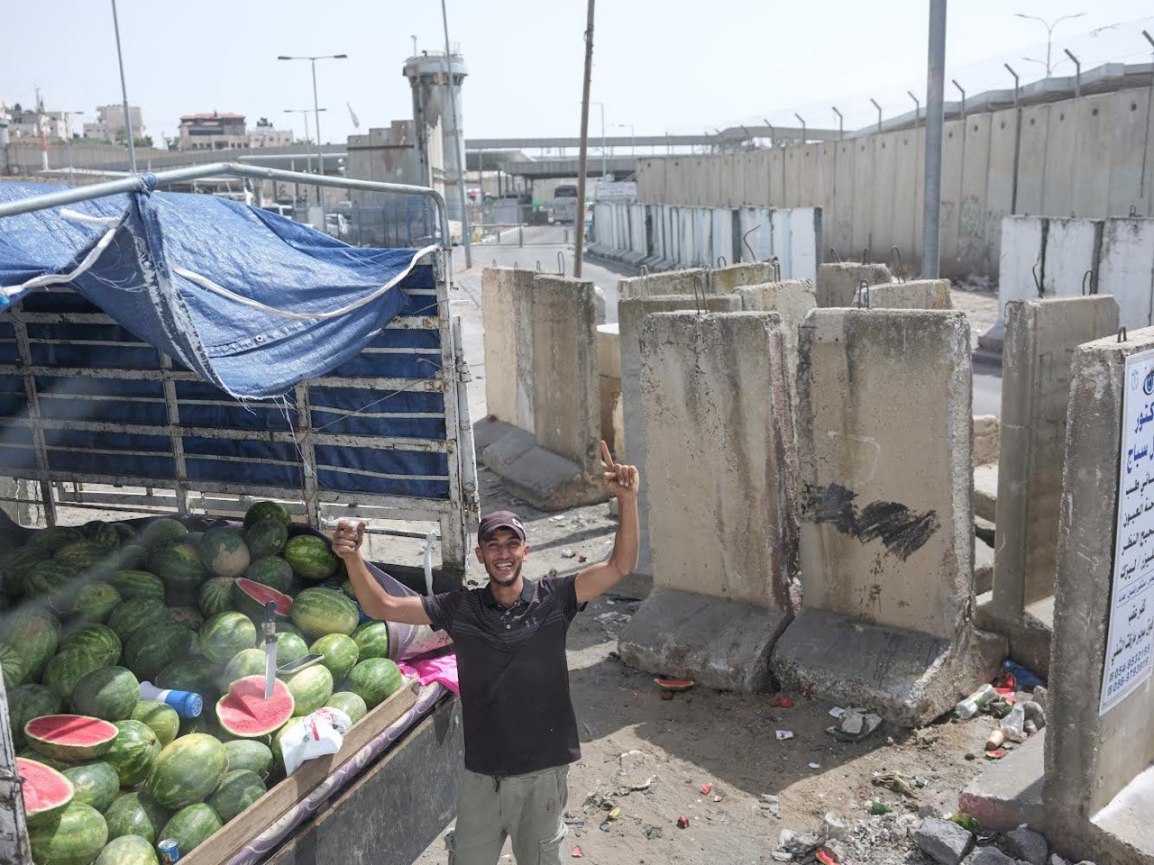
This was not the first time Lee had aligned herself with the Palestinian struggle. In 1976, Lee was an active member in the Native Study Group, which was part of the Third World Peoples’ Coalition (TWPC). The TWPC released a public statement on the eleventh anniversary of the Palestinian revolution, entitled “Palestinians and Native Peoples are Brothers: Some notes on why native people should support the national liberation movements of the third world”. There is a kind of lovely caveat that the paper was completed “somewhat hurriedly” and that there would be more to come. There is a paragraph that stands out to me now:
We need other anti-colonial movements to assist us in being vigilant and sharpening our critical thinking skills, so we can see colonialism, name it, and build otherwise.
I’m pretty sure Lee Maracle would have been the first Indigenous feminist to point out to a younger version of myself why I should be studying and paying attention to Palestine but it was Black feminists that taught me about Palestine –Angela Y. Davis, June Jordan, Audre Lorde and Barbara Ramsey. And while Lee’s politics didn’t always align with my own, and her anti-Black comments caused harm to many in the Black community, I am grateful for what she did teach me, and her anti-colonial feminism is something that still orients my own.
Our movement elders knew colonial solidarity is international, strong and unrelenting. They knew that Indigenous liberation movements also had to be international, strong and unrelenting, and that strength comes from coalitions of anti-colonial struggle. They knew it was important to build relationships with each other so we could undo the lies we have been told about each other.
At the end of Nick Estes’ recent interview with Ali Abunimah, a Palestinian-American journalist and co-founder of the Electronic Intifada, on The Red Nation Podcast, Abunimah reflects on why it is important in this moment to study Israeli settler colonialism and settler colonialism in the United States and Canada by speaking about how it is important to undo the lies we have been told about each other.
Indigenous peoples were not exterminated.
Palestinians are not terrorists.
We need each other so we can remind each other that genocide is never an accident. It is always deliberate.
We need each other so we can remind ourselves that the colonial project in Israel is funded by Canadian and US tax dollars and war machines, and that settler colonial solidarity is strong. What is learned by colonizers in Israel will be shared with colonizers in Canada and will harm us the next time we get in the way of a pipeline.
We need each other to remind each other that the US, Canadian and Australian tax dollars come from capital hoarded by banks and industries and governments, capital that comes directly from the extraction of natural resources on Indigenous homelands. We need to remind each other that Palestinians are being removed from Gaza, in part at least, because the settler colony demands access to gas.
It is hoarded resources from the homelands that we belong to that are funding this genocide.
And so a blow to the snake here, is a blow to the snake in Palestine.
And while many of our friends and neighbours are mobilized in support of a cease-fire in Gaza, we know it will be difficult to keep them mobilized and to see this moment not as the result of a far right Israeli government, but as the result of 75 years of Israeli settler colonial dispossession, 56 years of military occupation, and 16 years of an open-air prison for 2.2 million people, half of whom are children. It will be an ongoing struggle to get them to see that the atrocities of the Israeli apartheid regime in Palestine are relentless, illegal under international law, and consistent with settler-colonial projects globally.
It will be an on-going struggle, but we will do it, together, simply because Palestinian life is precious.Indigenous life is precious.
I watch every day.
I watch every day. And then I try to write. I sign more letters, sit in, blockade, boycott, protest. I try and fail to meet the expectations of daily life. I allow Palestinian resistance to teach me.
I allow Palestine to clarify my relation to the settler colony on my homeland, and to theirs.
I don’t have words and I can’t imagine.
I don’t have words and Palestinians don’t have the luxury of not finding words.
I remember what Miriam and Kelly teach us: hope and hopeless and anger and horror and grief co-exist and are co-constituents of action.
I think of this story.
“Canada is Good.”
“No. Palestine is good.”
We both laughed.
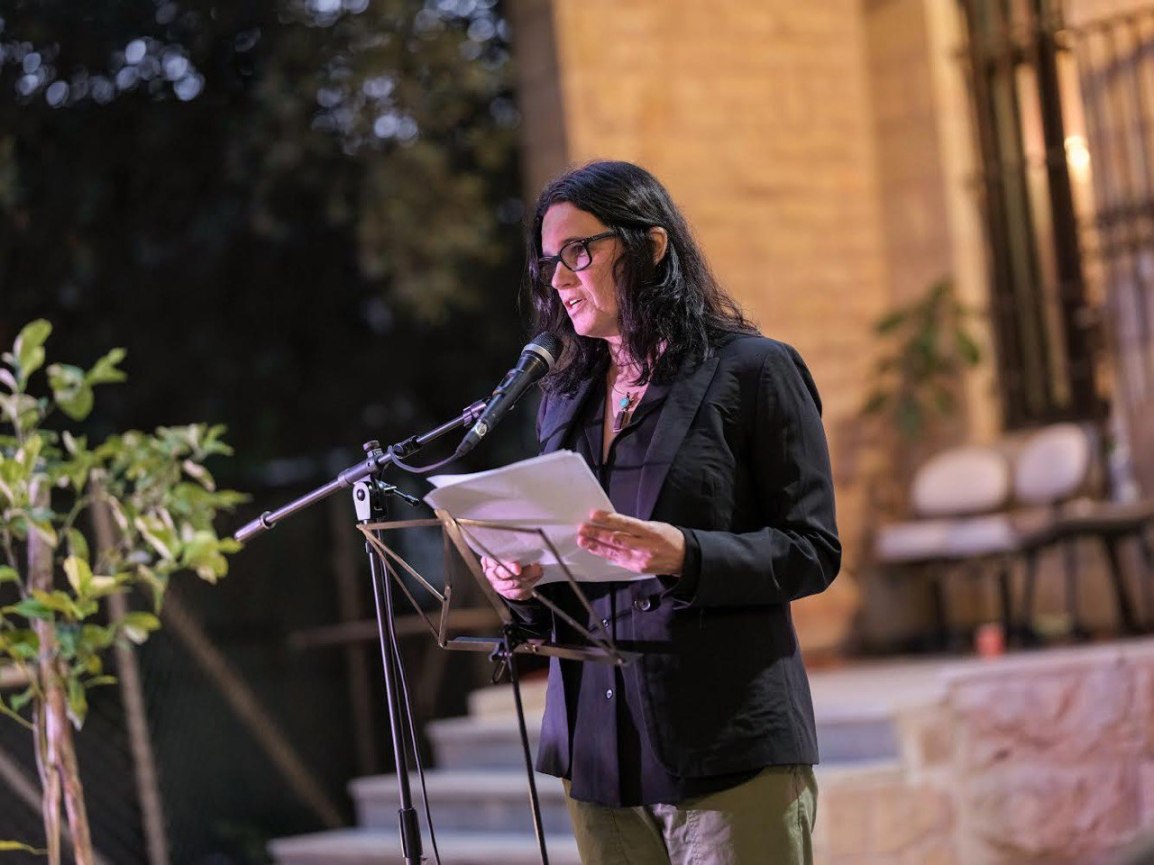
Miigwech
I am very grateful to both Sabrien Amrov and Mahdi Sabbagh for providing some crucial and brilliant comments on a previous draft. Mahalo and Miigwech to Uahikea Maile amd Robyn Maynard for feedback and encouragement on previous drafts.
